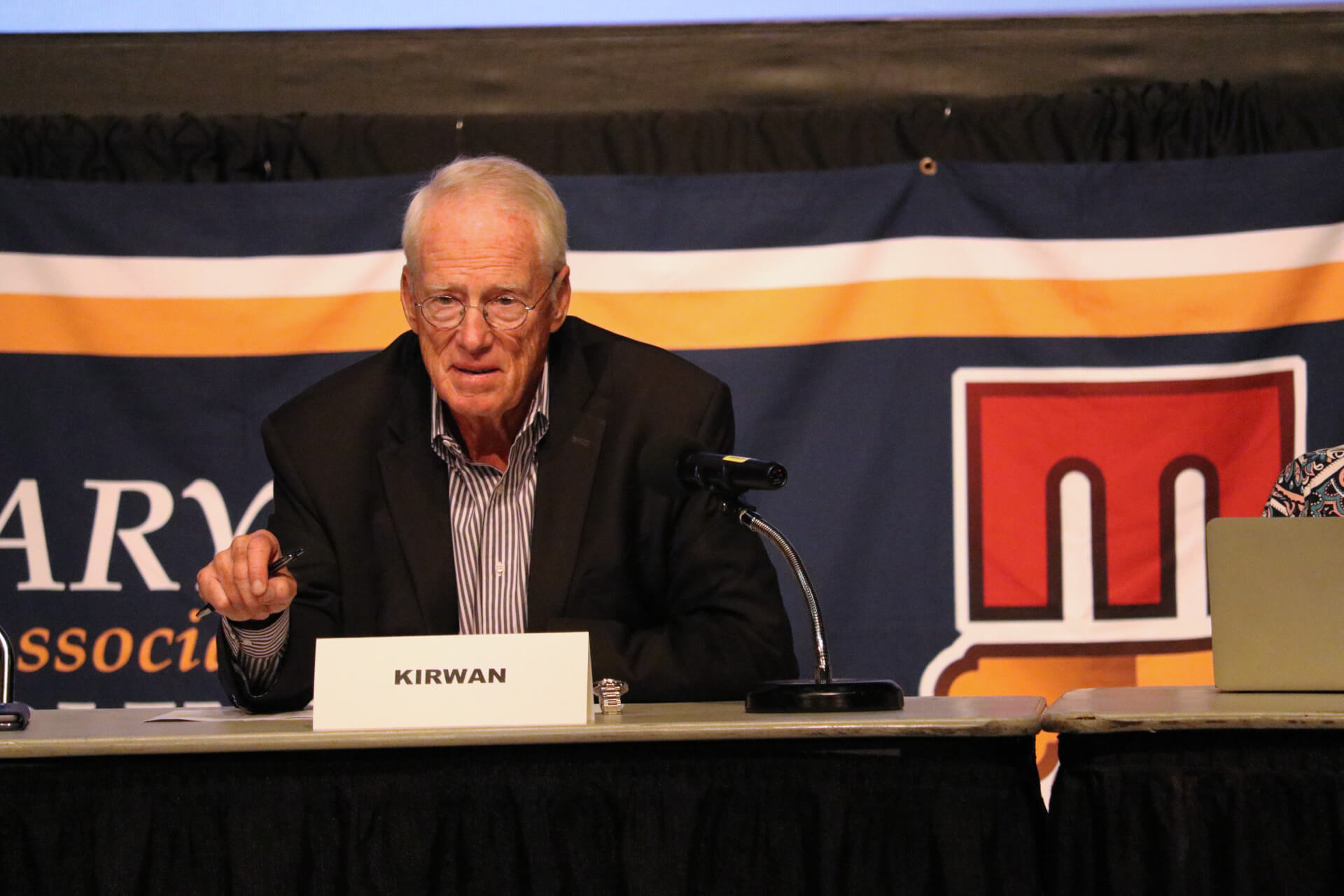
Heckman says, “The highest rate of return in early childhood development comes from investing as early as possible, from birth through age five, in disadvantaged families.”
Professor Heckman’s research has analyzed decades of results from the Abecedarian Project, a comprehensive, high-quality, birth-to-five early childhood program for disadvantaged children. That program, according to Heckman, has yielded a 13% return on investment per child, per annum through better education, economic, health, and social outcomes.
The Center on the Developing Child at Harvard University agrees. They calculate a $7 return for every one dollar invested in high quality early childhood programs.
Mr. DeFilippo says that pre-K will become a taxpayer-subsidized “baby-sitting service.” If your perception of pre-K is just naps, stories, and snacks, I invite you to visit a 21st Century pre-K program. These three- and four-year olds are learning the basics of math and language that will serve as a launching pad for academic success in the years to follow.
But they are also learning social skills and how to regulate emotions. They are learning critical thinking skills, conflict resolution, and even mastering their large and small motor skills. The notion that this is all just baby-sitting is far from accurate and insulting to Maryland’s hard working teachers.
This educated underpaid cohort of teachers are committed to these very young children. In addition to teaching, pre-K educators are often a new parent’s first and best resource for child development questions, community resources, and compassionate reassurance. Well trained pre-K teachers can be the first ones to spot developmental delays and behavioral problems that when addressed early save parents and children years of struggle and taxpayers millions of dollars.
In Mr. DeFilippo’s closing he says “there remains one timeless and universal standard: Education begins in the home, by example and surroundings, and that’s something money can’t buy.”
We could not agree more that a child’s parent is the single most significant teacher they will have in the early years. But what about the parent who did not have a great example themselves? The parent who is unable to be present? Or the parent who, despite his best intentions and his love for his child, just needs a little help? For these families quality affordable pre-K can offer a more secure future their child.
Now, to say that a child’s surroundings are something that “money can’t buy” is wildly out of touch. There are enormous gaps in Maryland between the quality of pre-K programs that the wealthy and the middle class can provide for their children and the programs to which the working poor typically have access.
The number of words spoken to a child at home varies vastly as a result of parental educational attainment and income. Something as simple as being able to buy books for the home are literally one more example of a child’s surrounding that money can buy. Expanding pre-K closes these gaps.
DeFilippo cynically writes, “Sad to say, the quality of Maryland’s schools and the caliber of its students are not likely to improve any more dramatically over the next 25 years.” He then pines for the 1950’s when Baltimore had one of the best school systems in the nation.
We disagree that the caliber of our children are in question. We must start early and give our children, and their families, the resources they need to succeed. But doing this requires looking forward, not backwards, regardless of what label we put on our generation.
— LAURA WEELDREYER
The writer is executive director of the Maryland Family Network.




 Creative Commons Attribution
Creative Commons Attribution